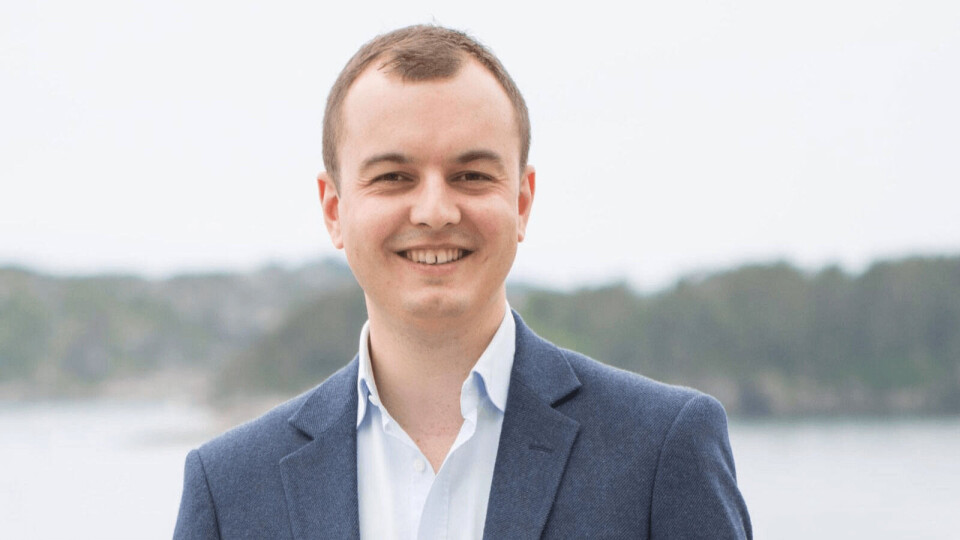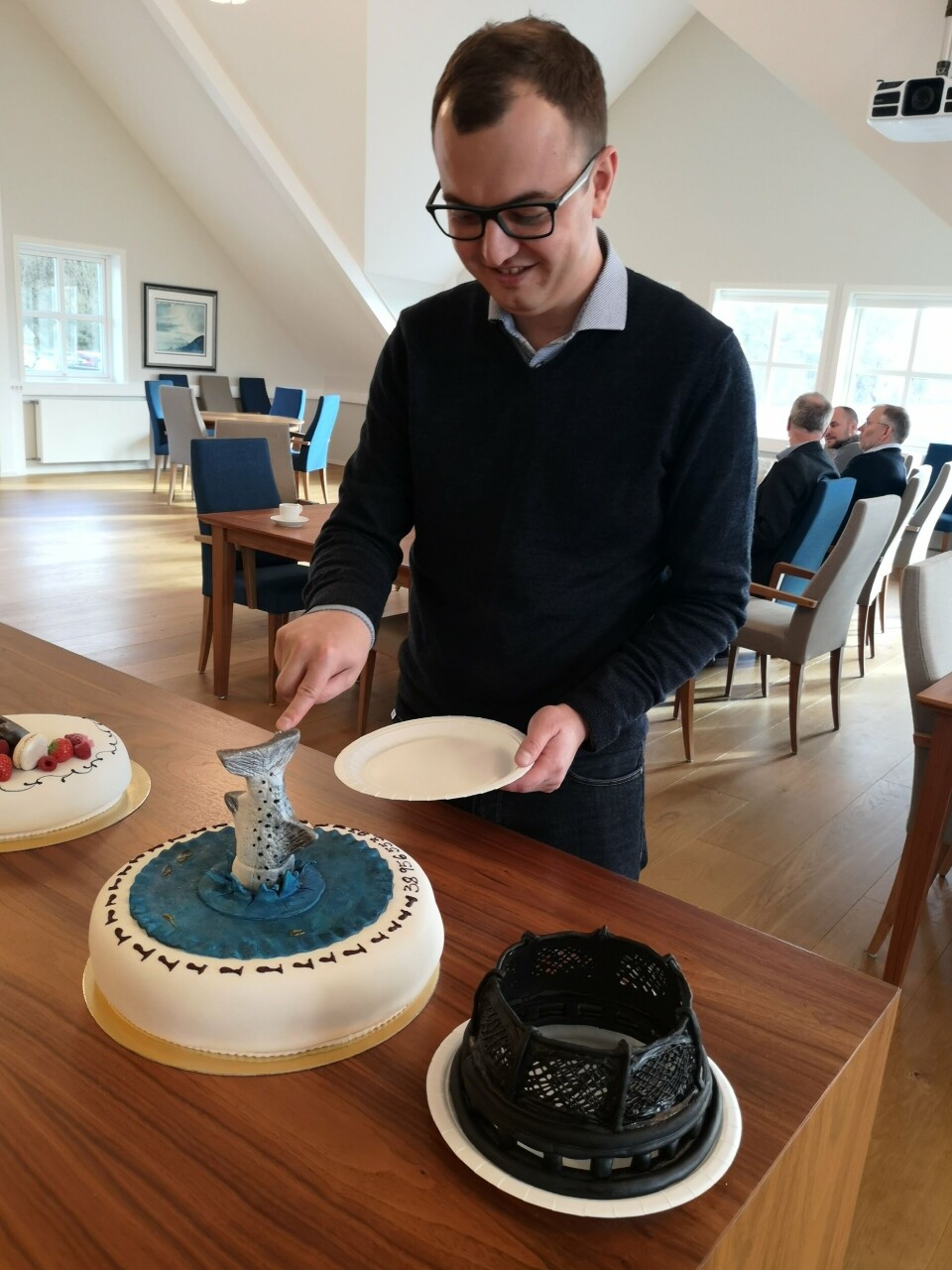
Will Scotland’s roads be paved with salmon gold?
Dick Whittington famously set off for London believing the streets were paved with gold. In Austevoll, they’re being paved with what could be described as salmon gold: money the Norwegian municipality is receiving from the country’s Aquaculture Fund.
The Aquaculture Fund was established in 2016 with the aim of incentivising coastal municipalities to facilitate the aquaculture industry and gives a large slice of the money salmonid farmers pay for licences back to the communities where they farm.
This autumn, NOK 1 billion (£86.7 million) will be paid to 140 salmon municipalities, including NOK 10.2m to Austevoll.

Visible importance
“This means that we get to make investments that we would not otherwise be able to afford, or that would take much longer to complete,” Austevoll’s Conservative mayor Morten Storebø told Fish Farming Expert’s Norwegian sister site, Kyst.no.
“This contributes to the significant importance of the aquaculture industry being really made visible in society.”
Storebø says that the municipal council in Austevoll has decided that the income from the Aquaculture Fund will only be used for the most socially important investments, including roads. The municipality is now in the process of planning a road improvement package, half of which will be paid for with money from the Aquaculture Fund.
“In this way, we ensure that the Aquaculture Fund is used for something our entire society gets back, and not least it benefits the aquaculture industry which is also concerned with better roads to transport their goods along.”
An Aquaculture Fund is something that councils in Scotland’s fish farming area would most probably welcome, too, and a promise made by the Scottish National Party before last May’s Scottish Parliamentary election has raised that as a possibility.
The SNP’s manifesto stated: “We will expect producers to contribute much more to the communities which support them so we will also explore how a Norwegian-style auction system for new farm developments might generate significant income to support inspection and welfare services, provide real community benefit on islands and in remote rural areas and support innovation and enterprise.”
Taxes, invetsment and jobs
Scotland and the UK already benefit in several ways from salmon farming. In 2018, the aquaculture industry paid £94.1 million in taxes to local, Scottish and UK governments, spent £1.4 billion on supplies and capital investments and paid £185m in wages to staff often employed in areas where jobs are otherwise scarce.
But councils can always use more money, so what progress has been made since the May 6 election, when the SNP kept its grip on power? Will the roads of the Highlands and Islands soon be paved by the salmon industry, like Austevoll’s?

Regulatory review
Much may depend on a review of industry regulation currently being undertaken by Professor Russel Griggs, an experienced business, public and third sector regulatory expert.
A Scottish Government spokesperson told Fish Farming Expert while aquaculture was a significant contributor to the economy, the sector must be developed in an environmentally and economically sustainably way.
“That is why we launched an independent review, led by Professor Russel Griggs, of how fish farms are regulated. This is under way in a move to make Scottish aquaculture legislation one of the most effective and transparent frameworks in the world,” said the spokesperson.
Real community benefit
“Our Programme for Government commits us to delivering a sustainable aquaculture sector which places an enhanced emphasis on environmental protection and community benefits – and explore how producers can contribute more to support inspection services, reduce their environmental impact, provide real community benefit and support innovation.
“Sector contribution is therefore being considered across a range of policies. You may also wish to be aware that Crown Estate Scotland is currently conducting a root and branch review of its aquaculture leasing arrangements with the aim of promoting sustainable development and wider value.
“We look forward to receiving recommendations from Professor Griggs for further work by the end of the year.”
Supplier industry
In Austevoll, meanwhile, mayor Storebø points out that money from the Aquaculture Fund isn’t the only benefit of salmon farming in the area.
“It is both about the direct activity, employment and value creation in the industry, but also about an extensive supplier industry,” said the politician.
“The aquaculture industry is our most important food producer, and the food it produces is important for the whole world. This is healthy and good food that is produced in an efficient and sustainable way.”























































